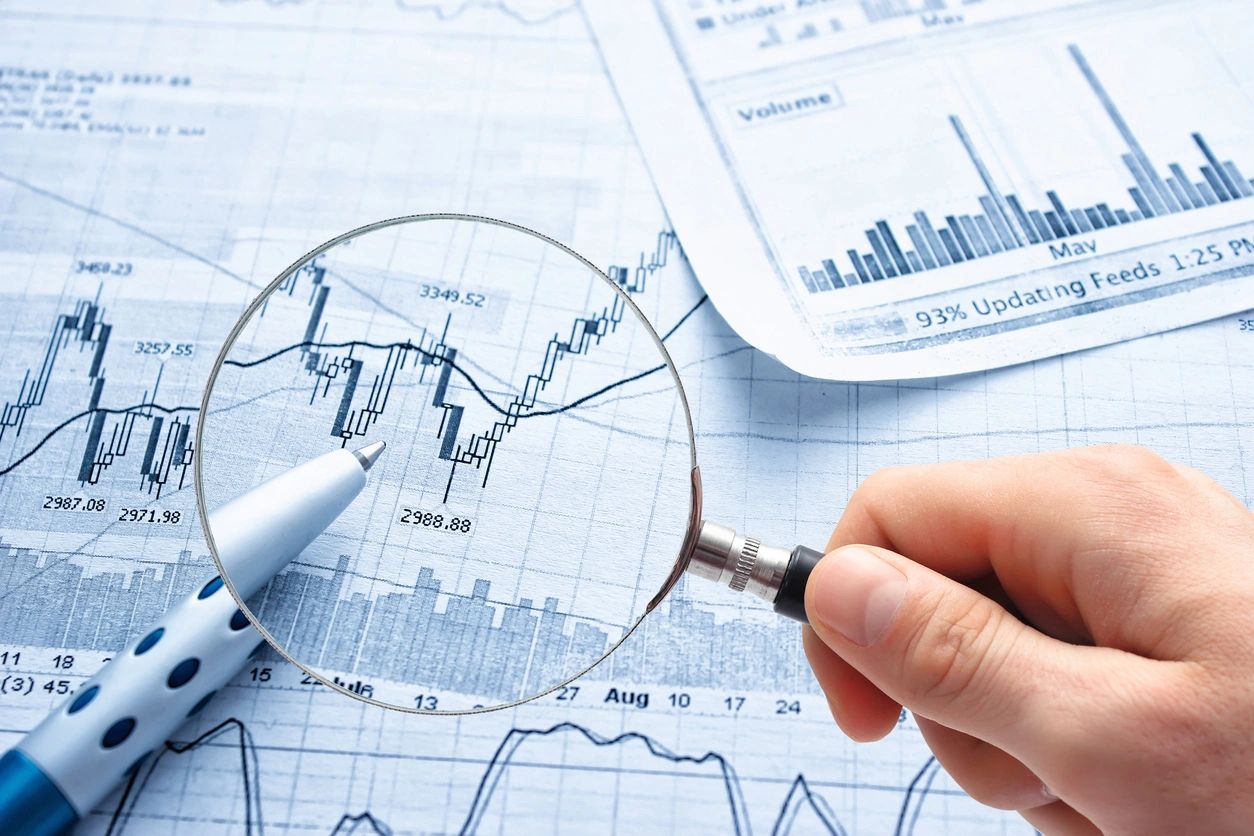This is a guest post by Michael Barrett, a career prop trader I first interviewed for this podcast episode in 2014: Interview with a Prop Trader.
For more then a decade Michael traded Bond and Equity Index futures as a Proprietary Trader. Since 2018 Michael has nurtured and mentored numerous aspiring traders into successful trading careers. He designed and implemented the trainee program for a major Australian Proprietary Trading firm and currently manages a group of their experienced traders, while also consulting as a performance coach across disciplines.
You can find out more about Michael on his website michaelbarretau.com.
Michael On Backtesting:
As a prop trader, mentoring in house trainees, I’m often quoted saying “backtesting is useless”.
And I stand by it!
Backtesting often creates a false sense of security and a feeling you’ve been productive. While essential for automated strategies, it’s often counterproductive for discretionary traders.
Here’s why:
Backtests can’t gauge the impact your trades would have on the market. As you trade bigger size, your market impact increases. You start trading it live and suddenly, your orders are influencing other participants. The dynamics have changed, and your backtest is about as useful as an umbrella in a hurricane.
Moreover, backtesting doesn’t account for the psychological rollercoaster of trading in real time. The numbers can’t feel the moments when your pulse quickens while stalking an entry or trapped offside.
Backtesting helps you feel prepared.
But not for actually dealing with the inevitable storm.
The ability to dig yourself out of trouble is a big predictor of longevity as a trader. Little can make up for lack of experience. Experience only comes from trading through storms.
Yes, learning to manage emotion is important, that’s step one. Step two is utilising your emotions. This can’t be backtested, at least not scientifically.
What’s the alternative?
If it can be backtested properly, it can be automated, discretion can’t compete here. Instead, leverage the uniqueness of each day.
“Every moment in the market is unique” – Mark Douglas’ Five Fundamental Truths.
Learn to identify high probability outlier days or when market conditions may shift. Plan your response to “something unusual” happening because it often does.
This is hard work, you must think and be creative. There’s no cookie cutter system for this. Acting resourcefully amongst chaos and with limited information is a worthwhile skill. It will benefit to your trading and your life as a whole.
Your edge lies in embracing the uniqueness of each trading day.
Hone your instinct by spending time engaged in the act.
There is big edge here for the talented discretionary trader.
Do it well and your strategy will have very few competitors, AI or otherwise.
What’s your take on harnessing the uniqueness of each trading day?

